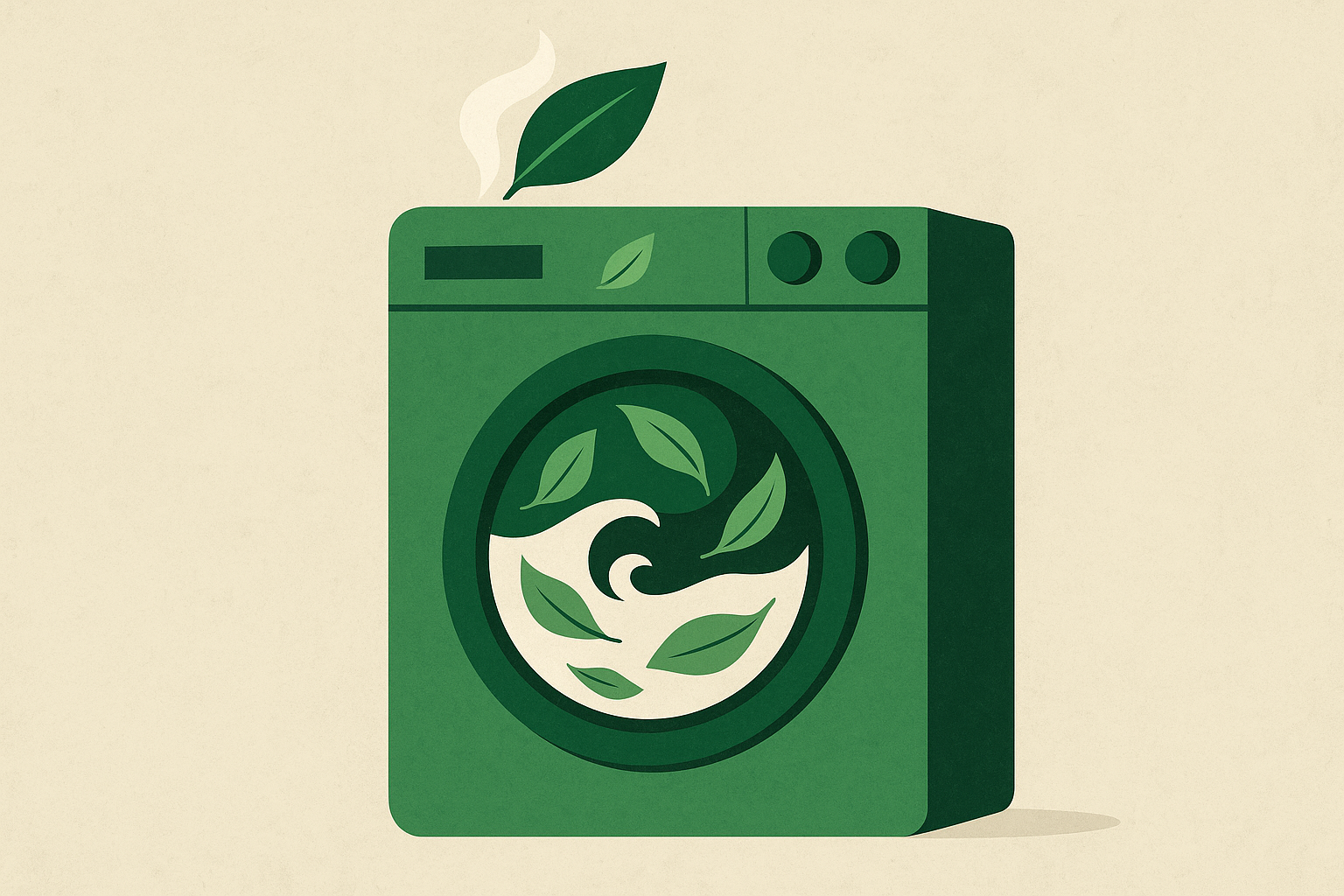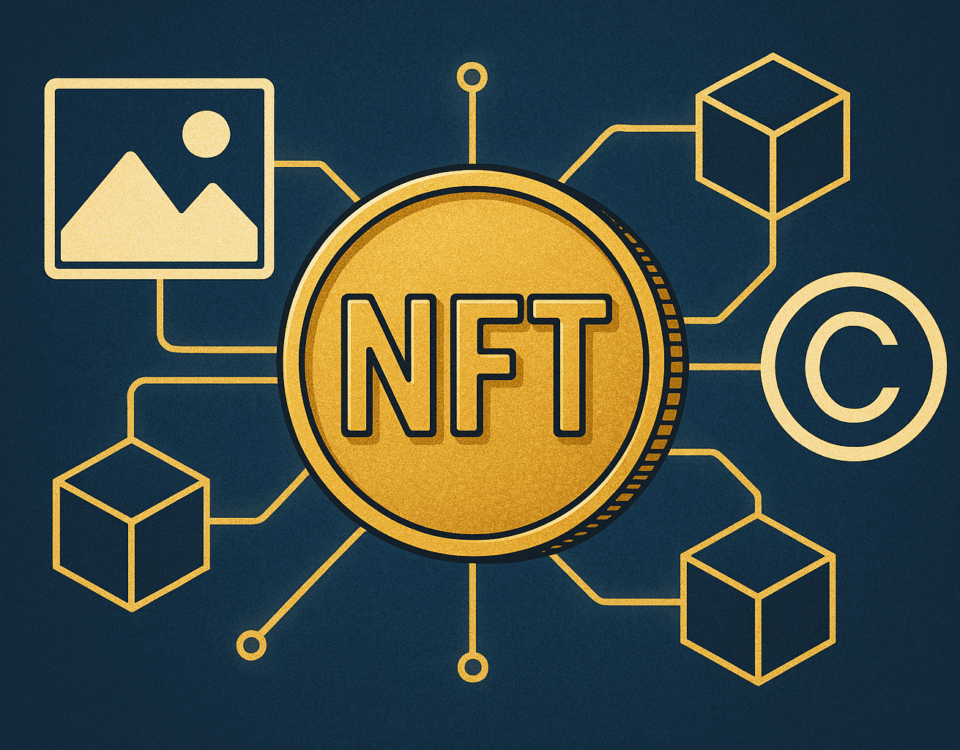
NFTs and Intellectual Property: Where Do We Stand?
November 14, 2025
When “Dupes” Sneak Under the Christmas Tree
December 8, 2025
Over the past decade, environmental ethics, ecology, and corporate responsibility have profoundly transformed consumer expectations and brand communication strategies. Today, they are key marketing arguments—but only when supported by genuine commitments. Otherwise, brands expose themselves to the risk of greenwashing, also known as ecological whitewashing.
Greenwashing refers to communication practices that imply—directly or indirectly—that a product or service possesses environmental qualities that are unfounded, misleading, or unverifiable. In some cases, it also consists in diverting the consumer’s attention from the product’s actual environmental impact, which is often far less green than advertised.
Examples:
• The green packaging of AJAX “Fête des fleurs”, despite the presence of substances toxic to aquatic life.
• INTERMARCHÉ’s internal “responsible fishing” label, even though the only recognized French ecolabel in this area is the MSC label.
• EASYJET’s commitment to “Zero CO₂ emissions by 2050”, based solely on hypothetical future technological advances.
• H&M’s “CONSCIOUS” collection, presented as eco-friendly without any transparency on the actual percentage of recycled organic cotton used.
Increasing regulatory scrutiny of environmental claims
In France, various legal instruments help regulate environmental claims and combat greenwashing:
The French Consumer Code : The DGCCRF conducts inspections, issues compliance orders and can impose sanctions. The ARPP provides guidance to help companies correct non-compliant communications, although it does not have sanctioning power.
Trademark Law : Trademark offices may refuse eco-themed trademarks deemed descriptive or misleading.
Examples:
-
WE ARE NATURALS for pharmaceutical products;
-
GREEN CEMENT for environmentally friendly cement.
A “BIO” mark may be accepted if its specification is strictly limited to products genuinely derived from organic production—however, the applicant must be able to prove this commitment over time.
European initiatives : The proposed Green Claims Directive, now withdrawn, aimed to require companies to certify their environmental claims.
The 2021 French Law, which:
• prohibits advertising for fossil fuels,
• strengthens penalties for greenwashing,
• allows fines of up to 80% of the costs associated with misleading communication,
• requires publication of sanctions in the press, online, and on the company’s website for thirty days.
The role of competitors, NGOs and consumers
Regulation also results from the actions of:
• competitors, who may challenge misleading claims publicly or before the courts;
• environmental organizations, such as ADEME;
• consumers, particularly younger audiences, who actively call out misleading claims on social media.
A communication campaign that lacks transparency can therefore damage a brand’s reputation—sometimes irreversibly and within hours.
Consumers: a growing force in the verification of environmental claims
Studies show that consumers are willing to pay more for brands that can demonstrate genuine eco-responsibility, and they remain loyal to companies with a proven track record of honouring their commitments. Their influence is exercised through:
• class actions for misleading environmental claims (e.g., WESSON “100% natural”, CONAGRA Inc., 2011),
• daily verification of product ingredients via packaging or dedicated mobile applications,
• identification of truly certified ecolabels.
Recommendations for companies: choosing and using “green” branding responsibly
• Avoid terms such as “zero impact,” “natural,” “organic,” “compostable”, or strongly nature-themed logos (leaves, trees, bees…) unless the company can substantiate real environmental commitments.
• Ensure that all environmental claims can be proven.
• Communicate in a transparent, clear, and accurate manner.
• Consider adopting a certification mark, increasingly trusted by consumers (examples: MSC for sustainable fishing, and LEED for sustainable building and construction practices).
– Sylvie BOYER, Paralegal at MARK & LAW



